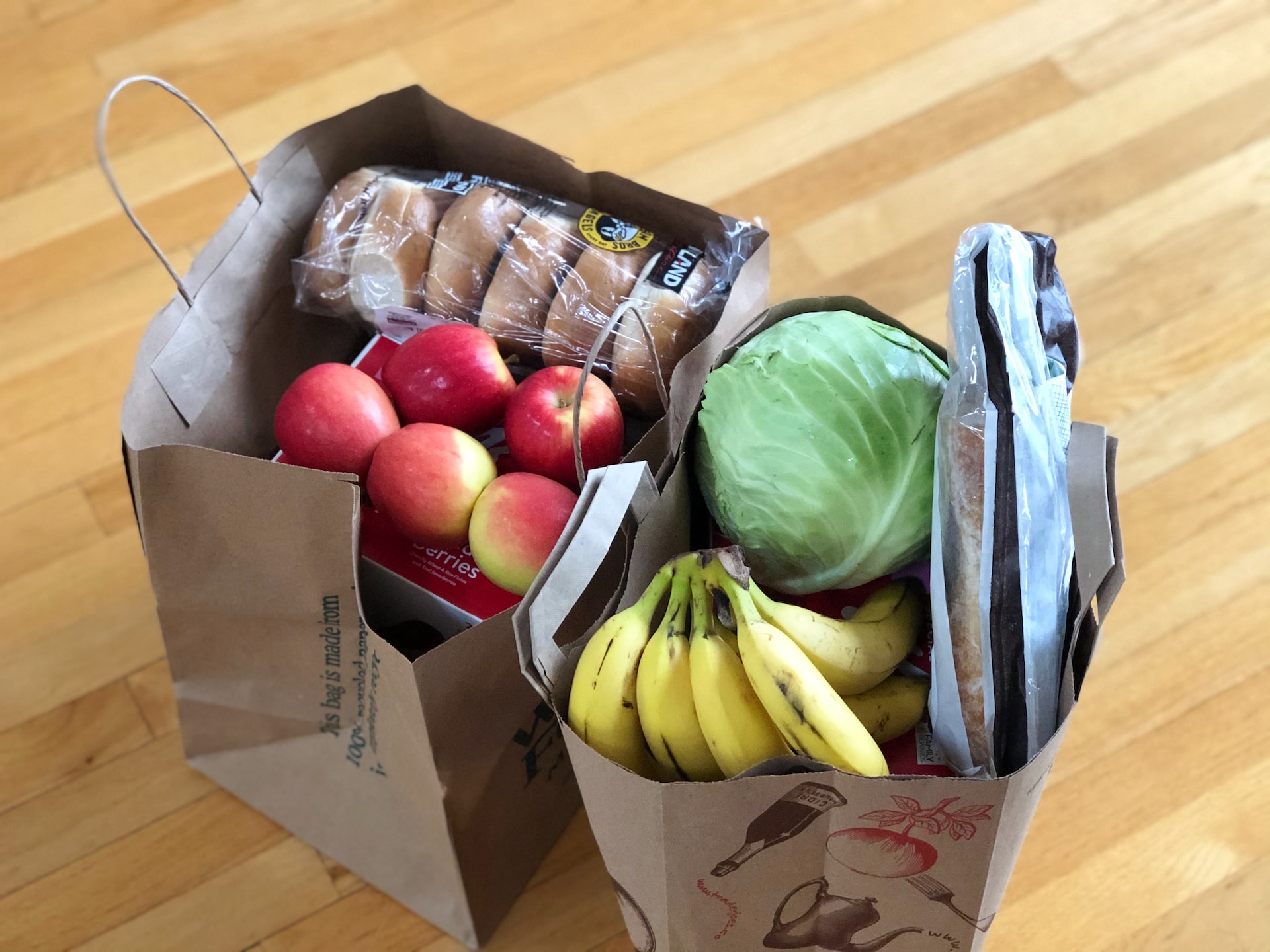Knowing how to manage money is an invaluable life skill for people of all ages. Being mindful of your child’s financial education can help set them up with good habits and an appreciation for saving from the start!
As an independent day school, we are passionate about an all-rounded education facilitated both inside the classroom and out. There are plenty of engaging ways for children to learn about saving money and opportunities for learning through real-world experience.
Why is Teaching Children About Money Important?
Money can be a difficult subject for some, but it is worth moving past any discomfort to have productive conversations about it with your children.
Children tend to pick up habits and behaviour from the adults in their life, so parents can easily pass on bad financial habits to their kids without necessarily thinking about it. Taking the time to consider how your child interacts with money and what you can do better to encourage good saving skills is a step in the right direction.
Understanding the value of saving and having the right tools to do so can increase the sense of responsibility your child feels. Learning about money from a young age can also help them manage it more effectively in the future.
So how can you best teach children about saving money?
1. Encourage Saving Goals
Instil the idea of saving for something your child really wants. They may be used to asking for something and getting it straight away, but this over-reliance on the need for instant gratification often gets in the way of more extensive saving goals.
Help your child break their goal into more manageable chunks; discuss how much they will need to save every week or every month until they can reach their goal.
2. Let Children Earn Pocket Money
It is not uncommon for children to get a weekly allowance, especially as they start getting older. A small amount of pocket money in exchange for basic chores like making their bed or helping wash up is another good way to give them a greater sense of responsibility and provides a chance to learn about the value of money.
Enforcing a rule where they have to save a certain amount of money each month if they want to receive the allowance can help them start seeing the importance and necessity of saving from the beginning. Giving them the opportunity to earn their own money gives them the opportunity to be more disciplined with it.

3. Use a Piggy Bank
Providing somewhere safe your child can keep money, whether it’s a traditional piggy bank or another kind of money box, ensures they are the ones responsible for storing it and ensuring it’s collected properly.
Putting them in charge of where the money is stored and how often it’s handled helps them become more familiar with notes and coins, also encouraging a greater understanding of how different forms of money add up.
4. Involve Children in Shopping
When doing the weekly grocery shopping, discuss how much different items cost to provide more practical context of where the family’s money is spent each week. Compare product prices and look over receipts together to promote a better understanding of how much should be spent on what.
Perhaps discuss if there are any swaps that can be made to save money. When paying, encourage your children to count out money or work out the change, again to familiarise them with handling money and using it in the real world.

5. Teach Children to Track Their Spending
Another good habit to get into is to understand how spending a little on a lot of things can add up. This is especially true as spending money becomes more virtual, with online shopping and contactless phone payment increasingly becoming the norm.
Encourage your child to track how much they spend compared to how much they save. Making it a habit to write down what they’ve bought can encourage children to be more mindful of what they do buy for themselves, prompting them to consider if something is really worth it.
Ultimately, embracing good saving skills and financial habits is an ongoing process. However, you can certainly build some helpful foundations for your child as they’re given more responsibilities.










